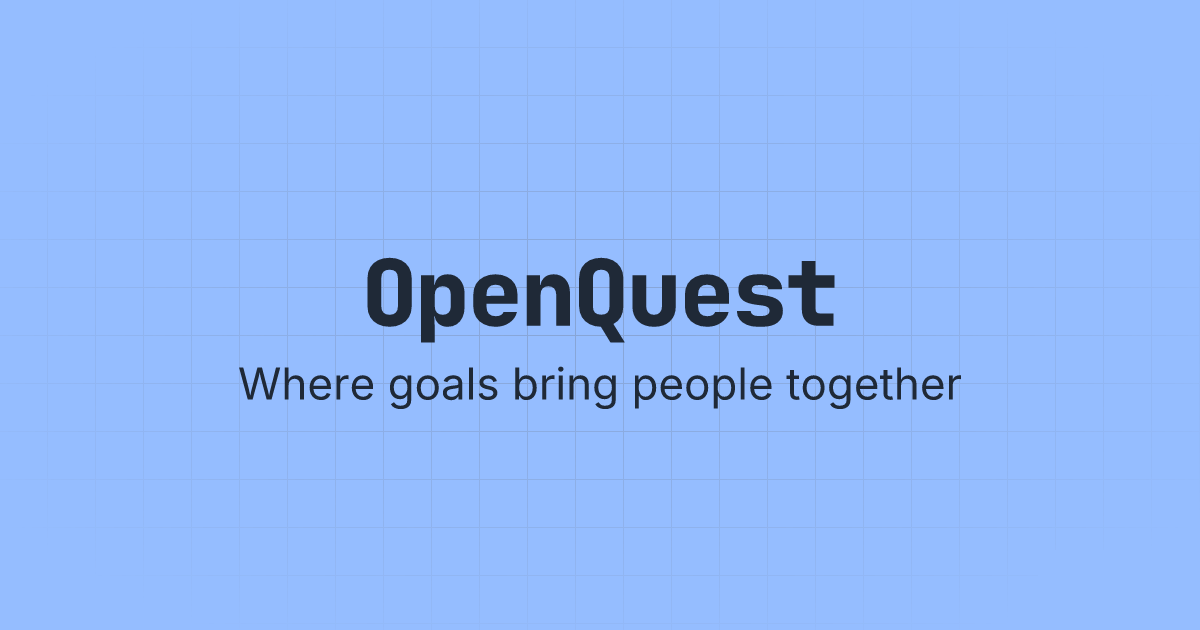Search code, repositories, users, issues, pull requests...
Have a question about this project? Sign up for a free GitHub account to open an issue and contact its maintainers and the community.
By clicking “Sign up for GitHub”, you agree to our terms of service and privacy statement. We’ll occasionally send you account related emails.
TL;DR there is a significant amount of context at the start of this issue before we get to the proposal, here is a google doc version for an alternative form.
The origins of many federated identity technologies have deep ties to providing an open ecosystem of IDPs to give End Users ample choice in how they choose to “login”. Efforts like OpenID v1 and v2, SIOP, Mozilla Persona, CHAPI, and others, strongly embodied these principles and much of this has remained in future revisions of standards such as OpenID Connect core. However, due to numerous complex issues, much of the industry today, primarily around the “social login” market has consolidated leaving a few IDPs as the dominant market players. To counteract this, FedCM in this work on establishing new browser mechanisms for supporting federated identity has an opportunity to make a meaningful impact and help re-chart the course for the future of federated identity on the web.
In the landscape of today, the choices around federated providers an End-User has available to them when going to “login” on the web is most often a small curated list of IDPs pre-determined by the Relying Party.
















